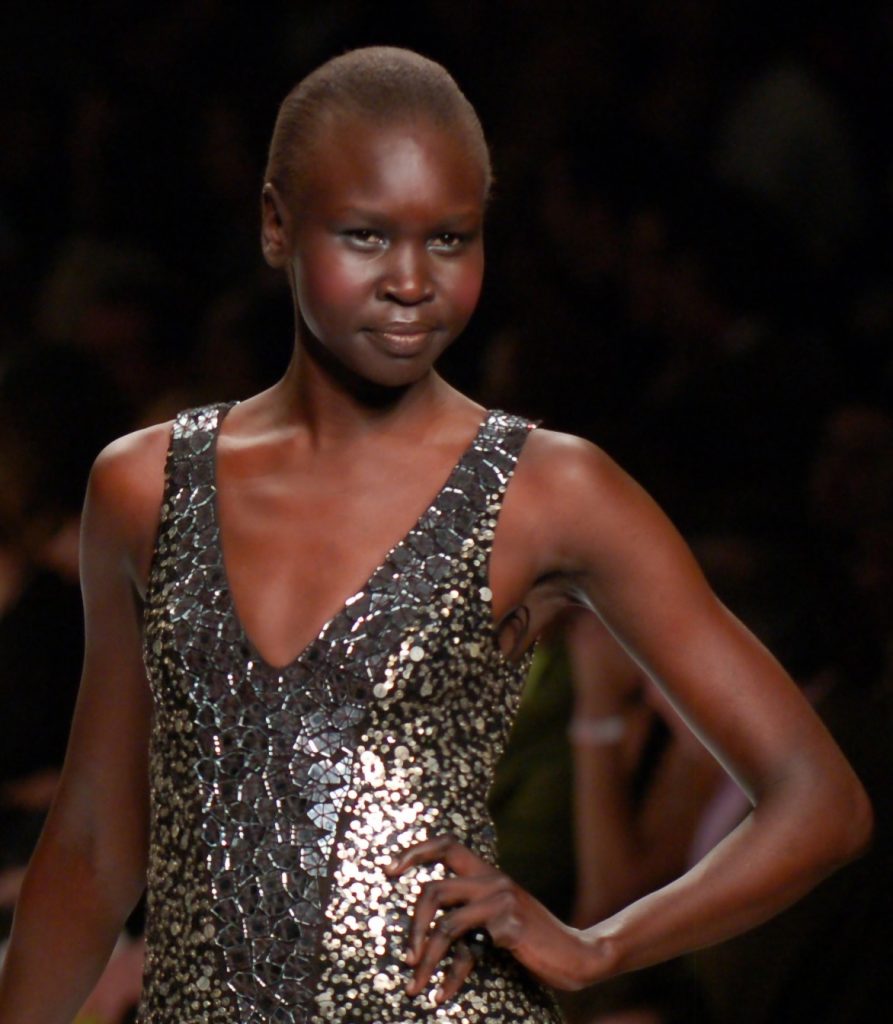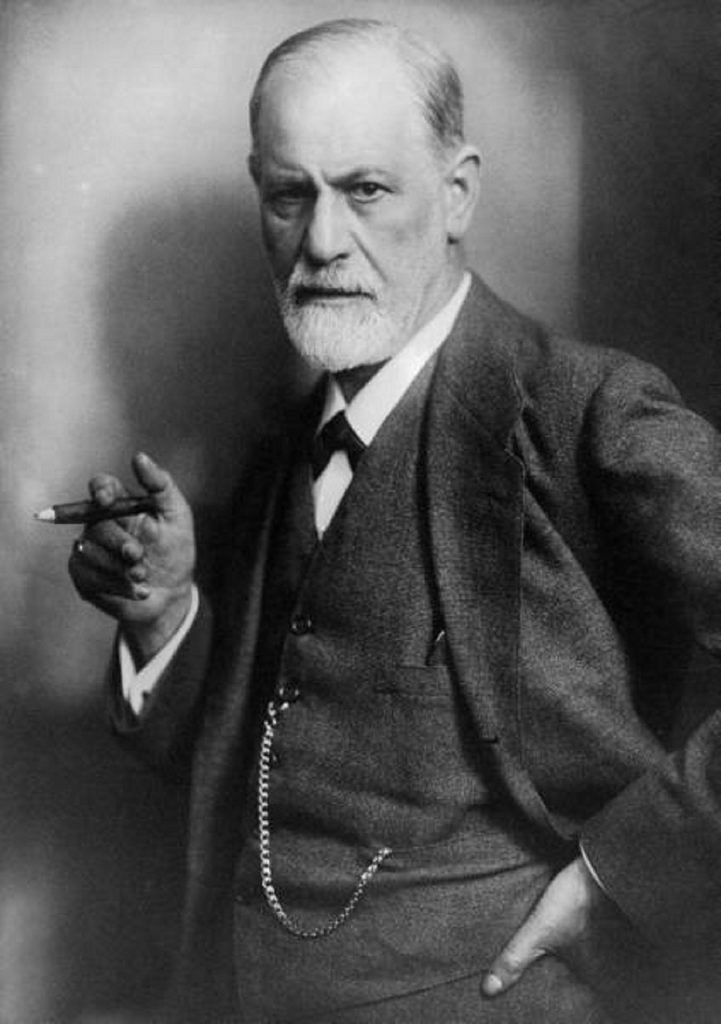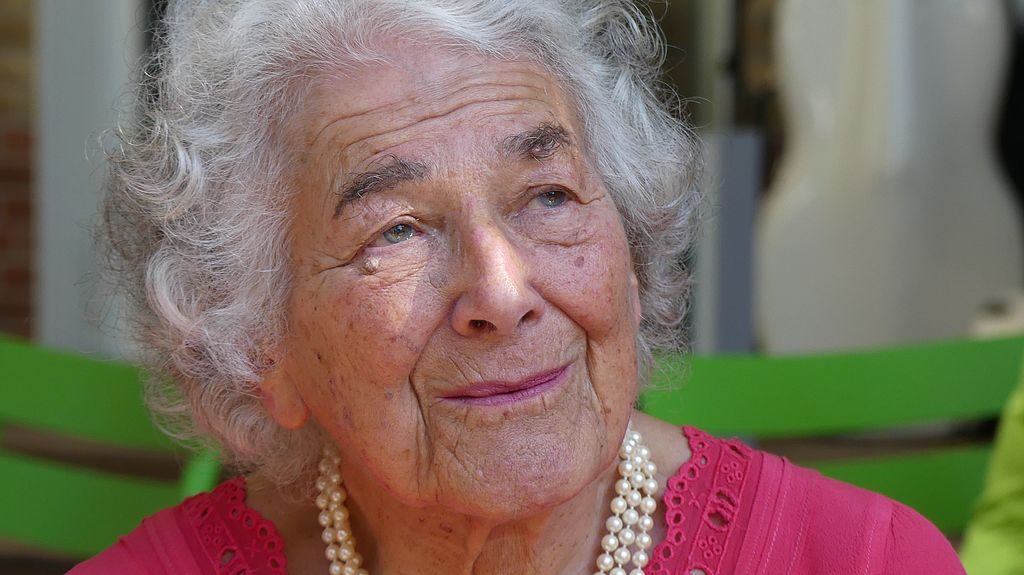Human rights play a key role in the protection of refugees.
The 1951 Refugee Convention (which the UK is a signatory to) outlines important principals like non-refoulement, meaning that a refugee “should not be returned to a country where they face serious threats to their life or freedom.”
The Human Rights Convention also plays a role, with provisions like Article 3 which bans torture and degrading treatment. In the landmark case Chahal v. the UK, the Human Rights Court found that an individual can’t be deported to a country where they face a real risk of torture.
In turn, the people who have benefited from these protections give an enormous amount back to society – some by being good friends and neighbours, others by growing excellent moustaches and creating masterpieces of 70s rock.
We’re celebrating all of their achievements by looking at five famous refugees who helped transform the UK.
Rita Ora

Image: Firdaus Latif/ Wikimedia Commons
Singer and actress Rita Ora was born in Pristina, SFR Yugoslavia (present-day Kosovo). Her parents were Albanians and faced persecution during the Yugoslav wars. The conflict took place during the breakup of the former Yugoslavia, where it’s estimated that at least 130,000 people died.
Her family moved to the UK when she was just a year old. “That word [refugee] carries a lot of prejudice but it also made us determined to survive,” she told the Evening Standard.
In the UK, Ora attended the performing arts school Sylvia Young Theatre School. She’s since had a string of number one hits in the UK and appeared in TV shows and movies.
Alek Wek

Image: Jesse Gross/ Wikimedia Commons
Supermodel and designer Alek Wek has worked with fashion houses from Chanel to Louis Vuitton. In 2013, she was also appointed UNHCR Goodwill Ambassador, which gave her a platform to advocate for the rights of refugees. Wek arrived in Britain in 1991 after escaping the civil war in Sudan. The conflict lasted from 1983 to 2005, killing and displacing millions of people.
“Our parents tried to shield us from the conflict but the sounds of gunfire and the vibrations of explosions filled us with dread. Dead bodies filled the landscape,” Wek has recalled.
Wek’s autobiography Alek: From Sudanese Refugee to International Supermodel documents her early life and career. As well as her work for the UNHCR, she’s also involved with World Vision and the U.S. Committee for Refugees Advisory Council. She even has her own line of handbags.
Freddie Mercury

Image: Wikimedia Commons
Yes, that Freddie Mercury, the one with the rumoured four-octave vocal range. Queen’s brilliant and multi-talented lead singer was born Farrokh Bulsara in the Sultanate of Zanzibar (now Tanzania). He and and his family fled to England during the 1964 revolution, when many civilians lost their lives.
Mercury arrived in Middlesex at the age of 17 and went on to join Queen in 1970. The band sold millions of records worldwide and were included in the Rock and Roll Hall of Fame. Today, Mercury is remembered for his flamboyant stage persona as well as being one of the greatest singers of all time.
Sigmund Freud

Image: skeeze/ Pixabay.com
Sigmund Freud became a refugee later in life, escaping Nazism in Vienna in 1938. The founder of psychoanalysis spent the final year of his life in England, dying in 1939. Today, his ashes, and those of his wife Martha, remain at the Golder’s Green cemetery.
It’s hard to overstate the importance of Freud in the history of ideas. While his theories are generally no longer accepted as science, he strongly influenced how many of us think about our place in the world. From ideas about the subconscious to dream interpretation, he continues to play a role in our lives today.
Judith Kerr

Image: Christoph Rieger/ Wikimedia Commons
The author of all your favourite Mog the Cat books came to England as a Jewish refugee from Nazi Germany. Her father Alfred was a theatre critic who had publicly condemned Nazism. The family arrived in 1933, where Kerr later worked for the Red Cross during World War Two.
Later, she would go on to publish books for children and young adults. The Out of the Hitler Time trilogy (which includes the award-winning When Hitler Stole Pink Rabbit) is influenced by Kerr’s experience in Nazi Germany and her life as a refugee.







